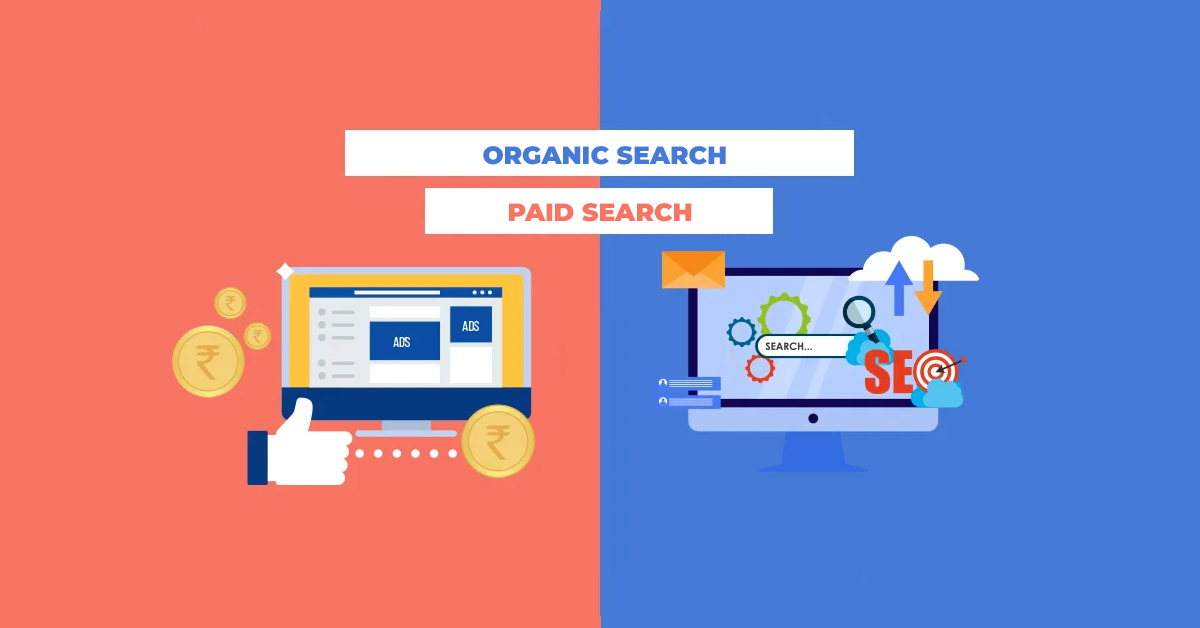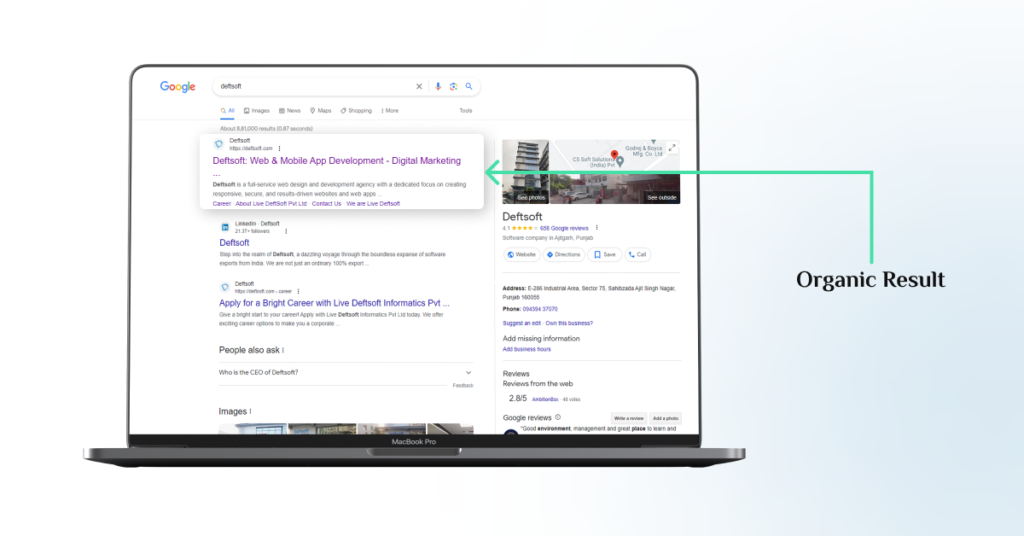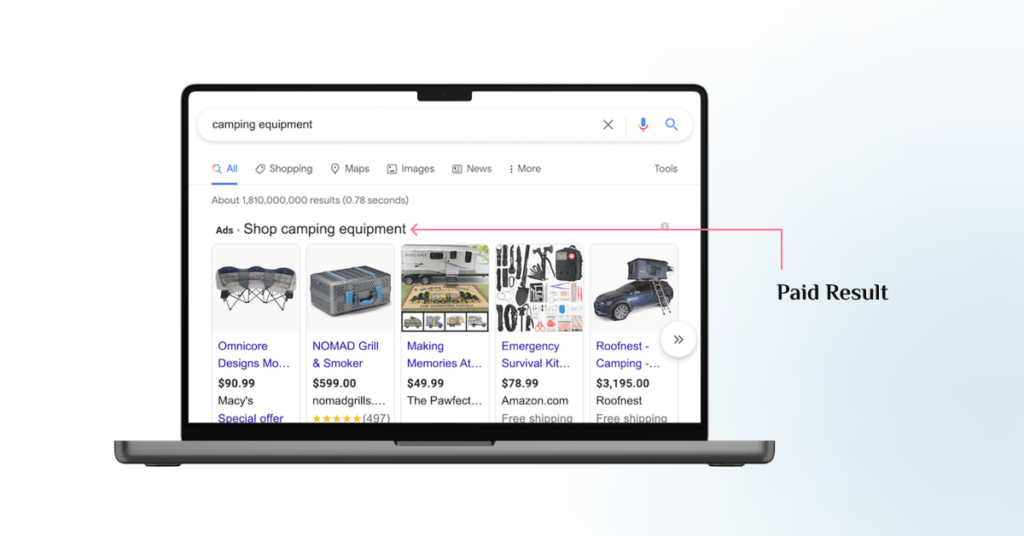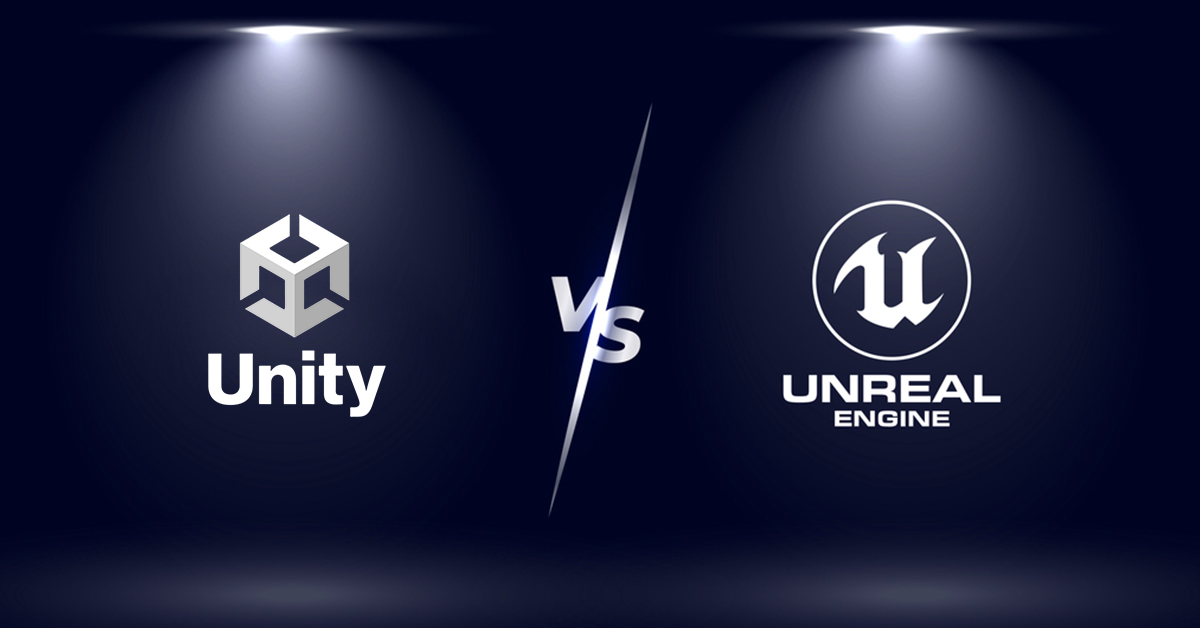
Organic Vs. Paid Search – Benefits, Drawbacks, and Which Works the Best?
-
By Shamsher Singh Bhullar
-
25th March 2022
Should you opt for organic or paid search? It can be a daunting task to identify which digital search marketing technique works better for your business. This is why creating an apt strategy is important. If you own a business or you’re a digital marketing professional, this blog is a spot-on learning resource for you.
This blog covers the meaning, benefits, and drawbacks of organic and paid search. Without further ado, let’s begin.
What is Organic Search?
When a digital marketing expert makes use of Search Engine Optimization (SEO) and other content marketing strategies, such as blog posts, etc., to appear in the search engine results, it is referred to as organic marketing. These appearing searches on a search engine are called organic searches.
In simpler words, organic search means the search results that advertisers do not buy. It is a non-paid search result from a search engine query. Organic search results are unpaid and displayed on the search results page.
“49% of marketers believe organic search is the most profitable channel they use.”- according to a recent report by Statista.
Organic search results are also called “blue ink” results.
What are the Types of Organic Search?
There are various types of organic search results, as listed below.
– Featured Snippets
Featured snippets briefly answer the question in the search query. These are short snippets that appear at the top of the search engine’s organic search results, and the snippet is extracted from one of the top-ranked search results.
– Video Carousels
Video carousels feature videos related to the search query. The whole video carousel is one organic search result.
– Top Stories
All the recently published content about any topic is featured in the top stories box. Generally, the top stories box shows up for news-related topics in the organic search results.
– People also ask
People also ask or PAA boxes display common questions that people usually search for. Each question or query is answered by a short snippet taken from a relevant webpage in the search result.
Where Do You See Organic Search Results?
Generally, a search engine displays the organic search results on the top of the page or right below the ads. However, organic search results appear lower in certain cases, like a featured snippet or the ‘People Also Ask’ section.

In the above image, the search result in the black box is an example of an organic search.
What is the Cost Incurred for Organic Search Results?
With organic search, it costs almost nothing to establish a digital presence and improve visibility. However, most businesses spend between $750 and $2,000 per month for the assistance of an SEO agency. Also, organizations invest in a one-time optimization project, which generally costs between $5,000 and $30,000, and this service works well only if the business proactively manages the SEO.
What are the Benefits of Organic Search?
Although following an organic search strategy takes time to reflect the actual results, there are many significant advantages of organic search. These are mentioned as follows:
– Free of cost
One of the most obvious benefits of organic search is the cost advantage. As compared to paid search, organic search has no upfront costs. Businesses do not require any monthly budget to improve digital visibility. Time is all you need, from learning about SEO basics to forming a strategy and curating optimized content.
– Outstanding return on investments
Return on investment is one of the deciding factors in whether to invest money in paid search or organic search. An organic search backed with an efficient strategy can create significant results.
– Reduces competition
If used correctly and intensively, organic search can help you eradicate your competition. It can block your competitors’ digital presence. More effort in organic search higher the search rankings, hence dropping the competitors down in the digital world.
– Increases credibility
From a user’s perspective, organic search increases a brand’s online credibility. Organizations that choose a paid approach for website traffic are more likely to fall behind in terms of credibility and online presence. If any business appears in various organic search results, it increases the brand’s awareness amongst the users.
– Works well with a combined approach
The Internet is a place of mixed approaches and viewpoints. For example, some users enter the websites via search engines while others regularly click on paid ads. Therefore, it makes sense for online businesses to have a combined approach and integrate both organic search and paid search for a harmonious online strategy.
– Attracts the correct and relevant users
Organic search helps to attract relevant users to the business. If you are looking for a relevant user base for your products and services, organic search is the best option.
What are the Drawbacks of Organic Search?
Organic searches cannot substitute for paid searches at times. The drawbacks of organic search are as follows:
– Needs routine maintenance
Organic search is not a once and for all thing; it requires attention on a daily basis. A business needs to optimize its website on a regular basis to enhance its online presence. Several updates, such as improvement in the loading speed of the webpage to upload fresh content, are required for effective use of organic search.
– Needs time
Paid search starts driving leads and revenue immediately. In contrast, organic search results take a period of several months to deliver the results solely because organic search results take three to six months, especially if your aim is to be on the first page.
This was all about organic search. Now, let’s understand the nitty-gritty of paid search.
What is Paid Search?
Paid searches involve an amount of investment. It uses pay-per-click (PPC) strategies by paying for every click gained by the search engine. It is indeed one of the easiest ways to get ranked on the Search Engine Results Pages (SERPs). Paid search states the online strategy of promoting the business via paid ads. Such advertisements appear at the top and bottom of the search results on the search engine.
Worldwide digital ad spending is forecast to reach $757 billion by 2024.
What are the Types of Paid Searches?
Following are the various types of paid searches:
– Search ads
The common form of a search ad is a Google Ad; it is a paid ad that appears above organic search results after entering the search query. Such ads are created to occur when a consumer is looking for an answer or a product.
– Display ads
The ads that appear at other times are display ads. For example, the ads that appear before a YouTube video or ad banners appear beside the original content on the website.
Where Do You See Paid Search Results?
A paid search result appears at the top or bottom of the search results. Mostly, search engines display three paid ads at the top and three paid ads at the bottom. The format of the paid search result depends upon the type of ad.

All the ads in the above image are paid search results.
What is The Cost Incurred for Paid Search Results?
There are various factors that decide the cost of a paid search, like platform and online strategy. However, on average, most companies spend $9000 – $10,000 per month on paid search.
What are the Benefits of Paid Search?
Let us see how businesses benefit from paid search. The benefits of paid searches are mentioned below:
– Quick results
Paid search ensures quick results. The turnaround time for paid search is faster than for organic search. The paid search channel shows the outcome as soon as the ads go live. Big platforms like Google Ads also help improve campaigns.
– Great source of data
Businesses receive essential user data when using a paid search, such as user location, keywords, and demographics. The keyword data helps brands create fresh and unique content to target the keywords.
– Attracts ready-to-buy users
Paid search targets the audience that would buy their products or services. Specifically, targeting the ads to willing users helps businesses get immediate results and maximize revenue.
– Provides potential data
Paid search helps businesses gather potential data such as user engagement, time on page, and other user demographics.
What are The Drawbacks of Paid Search?
The following are the drawbacks of using the paid search strategy:
– Requires high cost
The paid search strategy is expensive, and businesses need to form a budget for the ad spend. Therefore, an efficient and effective online strategy is required while going for the paid search results because money is on the line.
– Short-term results
There is no doubt that paid search results are quicker than organic search results, but with spontaneity comes the inability for consistency. Paid search is effective till the time you are putting in some money.
– Require regular maintenance
Similar to organic search, paid search also requires regular attention. It requires more attention, more often.
Which Strategy Works the Best: Organic or Paid? Can You Choose Both?
Let’s address the major question: which strategy will suit your business needs the most? To find out the answer to this question, it is imperative to match your objectives and goals with the features of both organic and paid searches. Suppose you want to promote a new service, then paid search would be considered the best channel. But, at the same time, organic search works best for the existing product or service.
There must be a balance between using organic and paid search results. You can win the digital game if you have the agility of paid search and the reliability of organic search.
FAQs
Which is better, organic or paid search?
The choice of search marketing completely depends on your budget and requirements. If you set up a new business and you have a good budget, paid search marketing is the best alternative for you. It can bring you quick traffic. However, if you want to stay in the industry in the long run, organic search marketing is the secret.
Is SEO paid or organic search strategy?
Search Engine Optimization (SEO) is an organic search strategy that focuses on optimizing a website to rank on search engines such as Google, Yahoo, etc.
What is the main difference between paid and organic traffic?
Paid traffic is the resultant traffic on a website due to advertisements. Businesses running ads use pay-per-click (PPC) strategies by paying for clicks on the running paid ads. The organic traffic, on the other hand, is an SEO-based strategy that uses content marketing. The paid traffic is a result of spending money, but fetching organic traffic requires no investment.
Is email marketing paid or organic?
Email marketing is an organic search marketing tactic. It does not require any monetary investment. All you need is a curation of marketing and content strategies to make email marketing successful.
Give an example of organic content.
A blog post written for a query of a targeted audience is one of the best examples of organic content. For example, a dedicated blog post on customer segmentation for email marketing is an example of organic content. It’ll help in ranking the website on a search engine.
Recent Articles
-

Unity vs Unreal Engine 5: Which is Better?
-

Non-Negotiable Tips for Developing a P2P Lending Platform
-

The 8 Leading Cross-Platform App Development Frameworks You Should Know
-

Step-by-Step Guide: How to Build a dApp on Ethereum with Ease
-

Why Does Your Business Need Blockchain Development Company’s Expertise?

Shamsher Singh Bhullar
 25th March 2022
25th March 2022